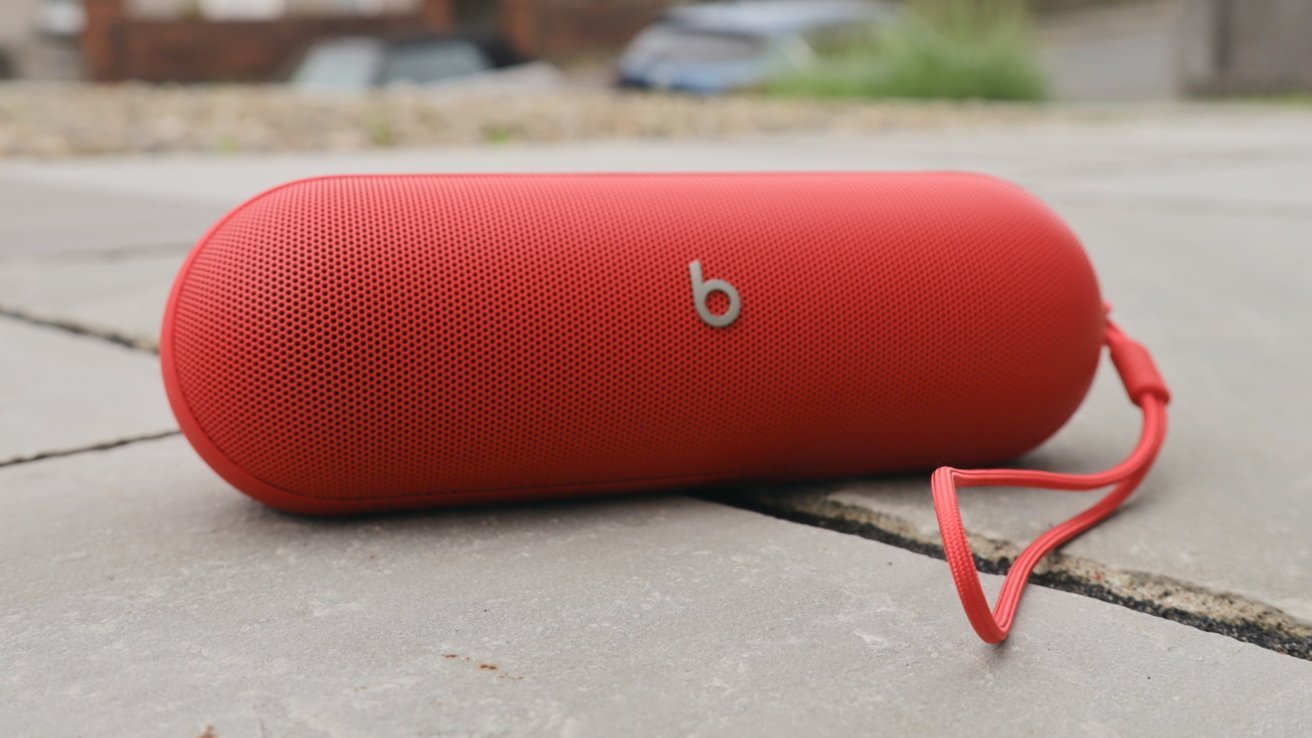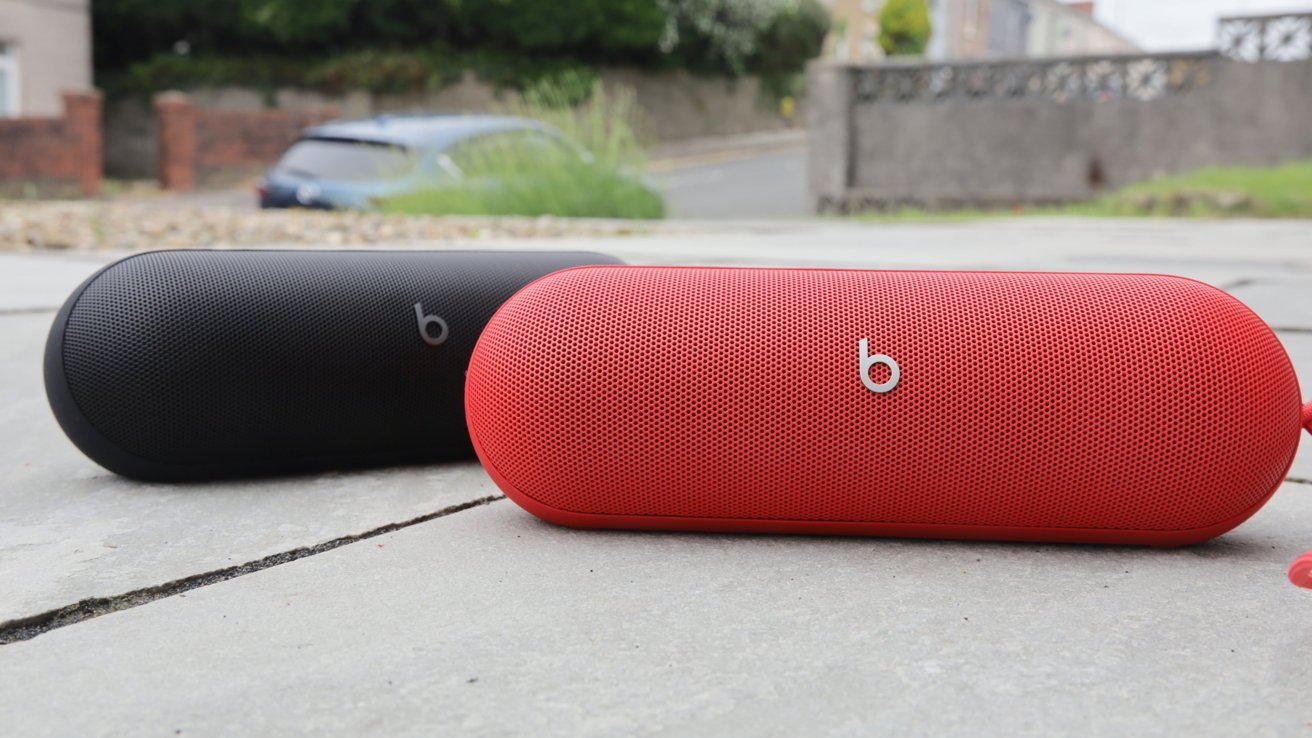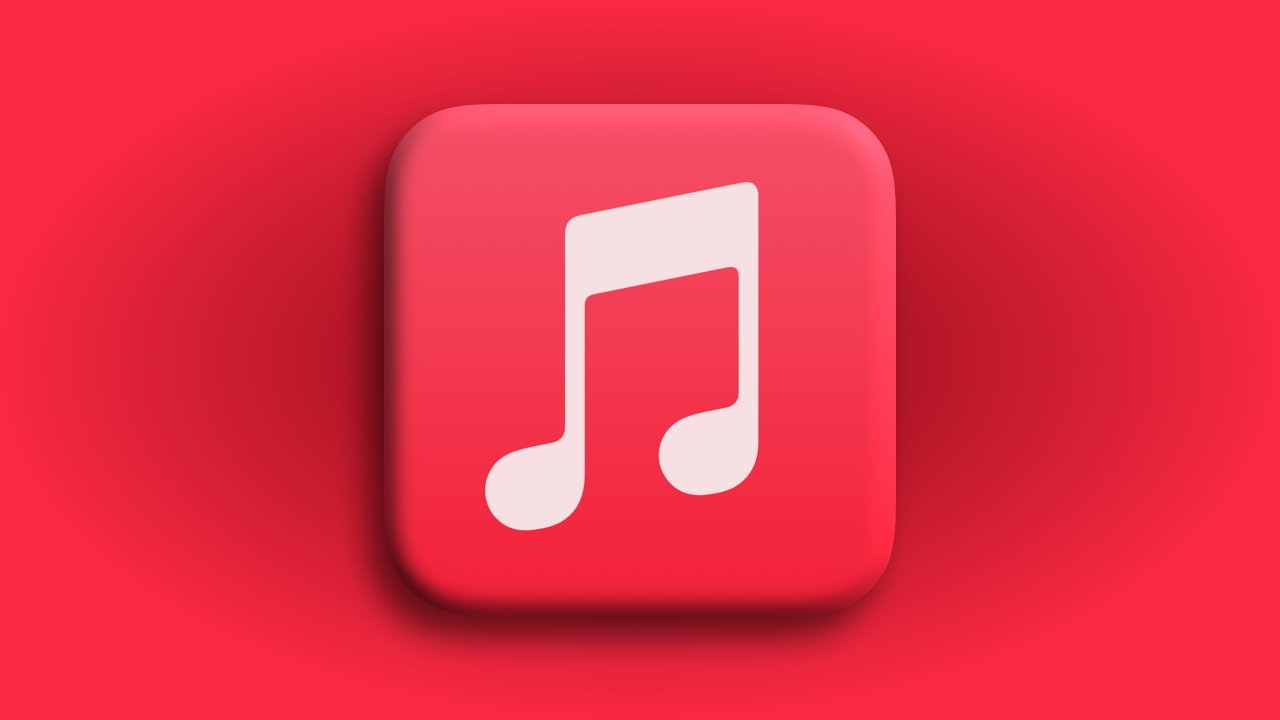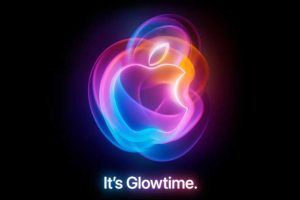
Beats Pill (2024)

According to an Apple VP in a new interview, Apple’s strategy for Apple Music and Beats products, like the Beats Pill, is to be the quality option for fans.
Apple subsidiary Beats by Dre updated its long-time portable speaker, the Beats Pill, after retiring it in 2021. The result was, in AppleInsider’s review, a speaker pairing great audio with long battery life and stereo capabilities.
Speaking in an interview with Wallpaper, Apple VP Oliver Schusser went into some of the changes of the Beats Pill, as well as how Apple is continuing to push forward in the music field.
“We needed to do a lot of work,” starts Schusser, pointing out that Beats is a premium product company that focuses on headphones. Due to working to make the headphones the best, Apple had to “completely redesign and reimagine our entire headphone portfolio.”
The focus was on headphones instead of the Pill for years, but the company still “wanted to do something special” with it. “It wasn’t a case [of] let’s swap out one or two things. We really wanted a complete refresh,” Schusser explains.
When asked how Apple made the speaker lighter and smaller without affecting sound quality, the VP says, “it really was about efficiency. Efficiency of the acoustic components, efficiency of the structure.”
“Obviously we’re part of Apple and we have really incredible engineers working on these products. So we are obsessed about weight; making it as light as possible; making it as small as possible; making the battery life [longer] – 24-hour battery is incredible.”
Apple pushed hard for these because of the view of being a premium product. “Even though our target audience tends to be a little younger, and people take the Pill on the beach and on the basketball court, these are high-quality products.”
An impactful decade
Ten years after Apple’s $3 billion deal for Beats, Schusser is asked to reflect on the work of Dr. Dre and Jimmy Iovine in making hardware. “They built high-quality products and made them look really cool. through music, artists and sports. I give them a lot of credit.”
While Apple is “completely reimagining the products” and overhauling the internals, Apple is still keeping the hardware “relatively true to the original iconic designs.”
Schusser highlights the Studio over-ear headphones as an iconic brand and form factor that “ten years later, is still as relevant and as cool as it used to be.”

A pair of new Beats Pills can be set up in stereo
Dre and Iovine worked to “create a team and culture that really focused on making sure they sound better than anything else,” he adds, before detailing Apple’s current dedicated studio in Culver City for development work.
He goes on to declare, “There’s no one better in the world than Dr. Dre and Jimmy Iovine, who spent most of their lives in recording studios and [focused on] actually setting the bar as high as possible.”
Over the decade, Beats has expanded, aggressively going for the in-ear market after impacting the over-ear segment, and to huge success in Schusser’s view.
“Just the pace of innovation in the last few years has been incredible,” Schusser insists.
Festivals and Apple Music
On the topic of live music, Schusser’s involvement in the iTunes Festival and Apple Music Festival was raised. While he says it had a “good run” with the festival from 2007 to 2016, it was then paused and other initiatives were introduced.

Apple Music festivals could return
This included the Apple Music Live series, which isn’t just a more frequent and regular event but one that moved around the world instead of being focused on London. “They’re mostly bespoke shows, all exclusive as a benefit to our subscribers. And we’re always looking at new ideas and new ways.”
Schusser doesn’t completely rule out a return of festivals but adds, “we want to be where music is and culture is. That’s definitely our place.”
Proclaiming Apple to have music in its DNA, Schusser says that Apple wanted iTunes and Apple Music to be “a place made by fans, for fans. We wanted to be more than a spreadsheet of songs where you click, [pay], and it’s in your library.”
Apple wanted to show the curation of songs to encourage discussion about taste and new music. It was one of the reasons why the festival was created, to encourage discussion and dialogue.
“And we’re still trying to do that,” he continues, referencing the various radio stations from the service. The Best 100 Albums of All Time had the same purpose of getting people to talk about albums.
“People aren’t really talking about music anymore the way they used to. Which is really sad.”
When asked about the progress Apple has made in five years in terms of innovation in music, Schusser says, “We are focused on music while other people are running away from music into podcasts and audiobooks. Our service is clearly dedicated to music.”
He also references Spatial Audio as a feature that has “completely revolutionized the listening experience,” then to smaller features of Apple Music. Displaying lyrics for users thanks to a “team of people” transcribing songs, motion artwork, Apple Music Sing, and Classical is also namechecked.
“We’re trying to make Apple Music the best place for people to listen to music. I’m super happy with that,” he muses.




